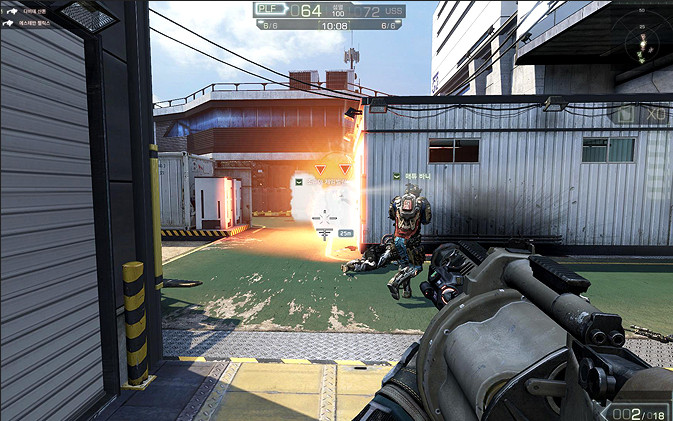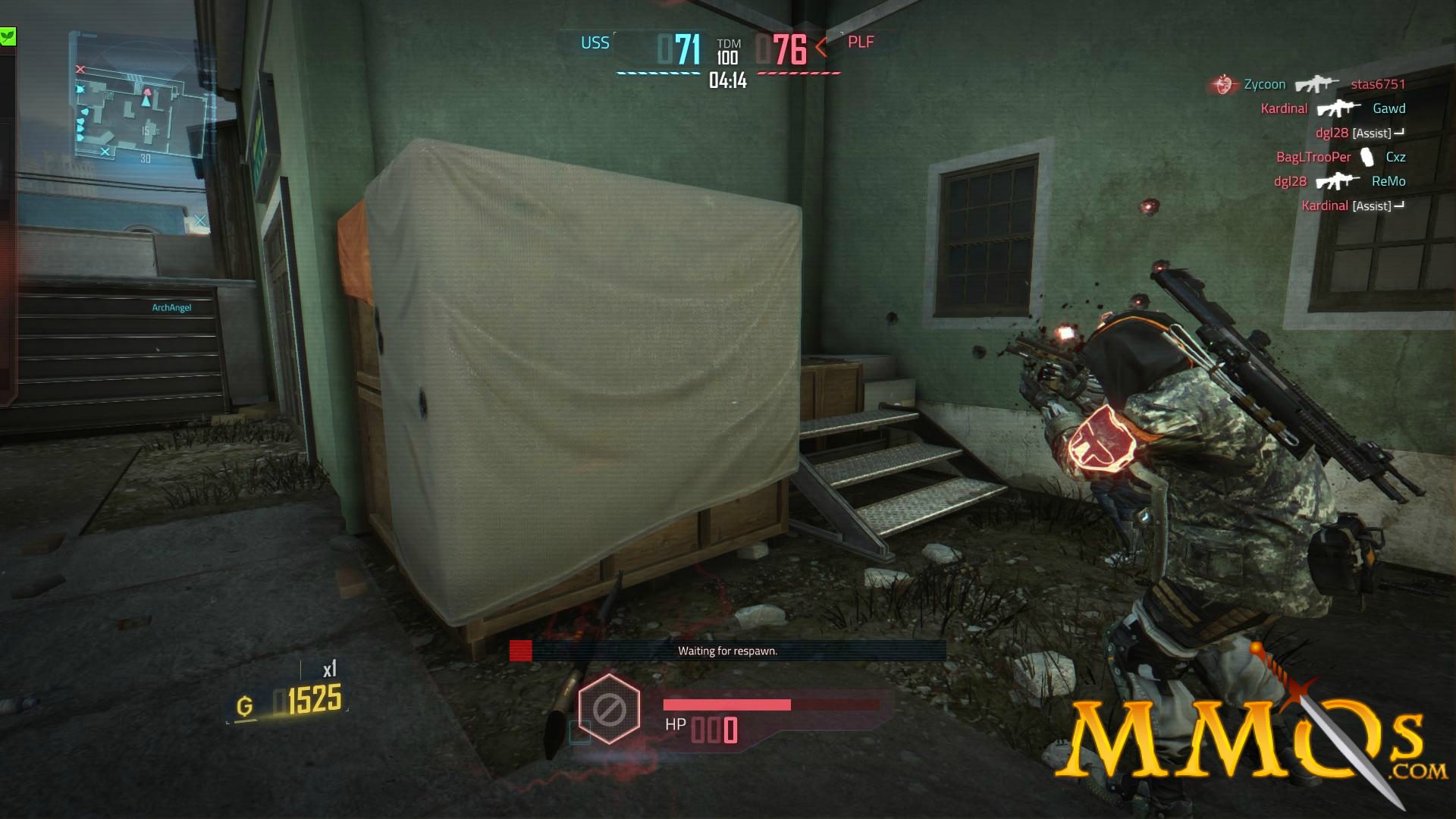

In 2019, Valve finally needed EA as much as EA needed Valve-and Epic’s improved revenue split gave EA some leverage.Īgain, much of this was in development before the Epic Games Store launched. Would the wall have come down without Epic’s entry into the fray? Maybe, but it still seems like the launch of the Epic Games Store helped hurry things along. Perhaps even more important for the future, EA will also bring its Origin Access subscription to Steam, a first for Valve’s platform. In late October, EA announced it would be returning to Steam-first with a day-and-date release of Jedi: Fallen Order, and then with Apex Legends, The Sims 4, Battlefield V, and other legacy titles. EA was early to Netflix-style subscription services too, first with EA Access on Xbox and then Origin Access on PC.ĮA’s Switzerland status is over though. Lest we forget, Origin pioneered the two-hour refund window we now take for granted on all platforms. Nobody really loves Origin, but it’s at least come to be tolerated since its launch in 2011.
Metro conflict steam data windows 10#
Microsoft, which locked its first-party releases to the Windows 10 Store for almost the entire Xbox One console generation even after warming to the PC.ĮA was the first major publisher to abandon Steam, and arguably the only one to have any success. Microsoft, the company that so enraged Gabe Newell, Valve built its own Linux-based operating system to try and escape.
Metro conflict steam data Pc#
The once-fractured PC landscape is instead coalescing around two poles, which has led to some fascinating alliances. That’s the most surprising story of 2019, and it feels like the competition from Epic is at least somewhat responsible. Steam, revivifiedįor every game Steam’s lost though, it’s gained another.


Epic? Steam? They’re probably two sides of the same coin to a large portion of the audience. They just want to play the games wherever they end up. I’d go further and wager that the vocal “No Steam, No Buy” crowd is a minority though, and that most people simply don’t care about the backroom dealings and the drama. It’s hard to do A/B comparisons when you don’t control any of the variables.Īt the very least, we can surmise the month-long embargo probably hurt Steam sales. There are a ton of caveats to those numbers, including the fact that Red Dead’s PC version is pretty janky and that it launched on the Rockstar launcher in addition to Epic’s storefront last month. By contrast, Grand Theft Auto V peaked at 104,000. So how did it fare? Valve’s stats say it peaked at 11,876 players its first day on Steam. That’s a short window, much shorter than the year-long deals Epic’s struck with most developers. Released on the Rockstar launcher and the Epic Games Store in November, it hit Steam yesterday-only a month later. That too is a decent endorsement.Īnd then there’s Red Dead Redemption II. Developers continue to opt in as well, even knowing it’s bound to attract negative attention. Circular reasoning perhaps, but with some deals reputedly topping $10 million, it’s hard to imagine Epic would throw that kind of money around without seeing some return on investment. Maybe the best evidence exclusives work though is the fact that Epic continues making deals. And at the time, I thought this would happen naturally thanks to Epic’s better revenue split-88 percent to the publisher, versus 70 percent through Steam. Not all of them, of course, but enough to make the platform viable. Epic’s only chance, as I saw it, was to lure away a few high-profile exclusives. But for the biggest PC releases? Why buy elsewhere if you already owned a few dozen (or few hundred) games through Steam? You wouldn’t. Many carved niches for themselves, like GOG with DRM-free and classic games. Countless challengers had tried and failed to overcome Valve’s primacy. Steam’s strength lies in being the de facto storefront for PC gaming. It only needs to convince developers.” And I was right. Shiny, happy storefrontsĪs I wrote last December, “Epic doesn’t need to convince players.


 0 kommentar(er)
0 kommentar(er)
